User: | Open Learning Faculty Member:
Completing my field research and searching through scientific papers for more data confirmed and reinforced what I had just suspected to be the case when it came to completing ‘proper’ science, especially in the outdoor environment rather than in a more controlled environment. My four major takeaways were:
- Truly attempting to account for all potential variables in a dynamic environment rather than a lab setting is very time consuming! I found the comments from this blog and my instructor to be very helpful in finding holes that would render my observational results less reliable as well as learning from other field studies I read. In my opinion, from my experience with this small trial in an ecological field study, communicating with other members of the scientific community would be critical in producing good work; sharing information, giving constructive criticism, and accepting criticism.
- This field study really helped me understand just how much a research project in the field is a constant work in progress, continually revisiting and adjusting the hypothesis as new variables were recognized or pointed out to me. I believe this may be a taste of what the term “Physics envy” means. It is especially apparent when I think of all the potential anthropogenic influences that may be unaccounted for. I wonder where is the line between time/money accounting for every little variable and it being ‘good enough’ to be accepted as evidence?
- The actual physical terrain made me adjust my methods twice. I had to account for the ocean tide so I could actually reach my sample locations, in some areas the slope was too steep to traverse, and in others it was too thick with vegetation to access. I also felt this was a great example of a study that could not be done in any season except the dormant one, as once everything buds out, it would be very difficult to find any Alnus rubra seedlings among the blackberry and rose.
- More samples would be better! I’m taking a statistics course as well and feel that the combination of of the two courses made it clear that more samples=more accurate data. Unfortunately due to working full-time and other commitments (not to mention everything is budding out now) I did not generate more replicates to do so.
This project made it very clear to me just how much time (including the researchers personal time!) and money can be required to produce good scientific studies within the field of ecology. This is necessary in order generate honest and reliable evidence that ecological areas need to be preserved, protected, and reestablished where possible, especially in an age where everything is scrutinized so intensively.
The sooner I can get involved the better!
